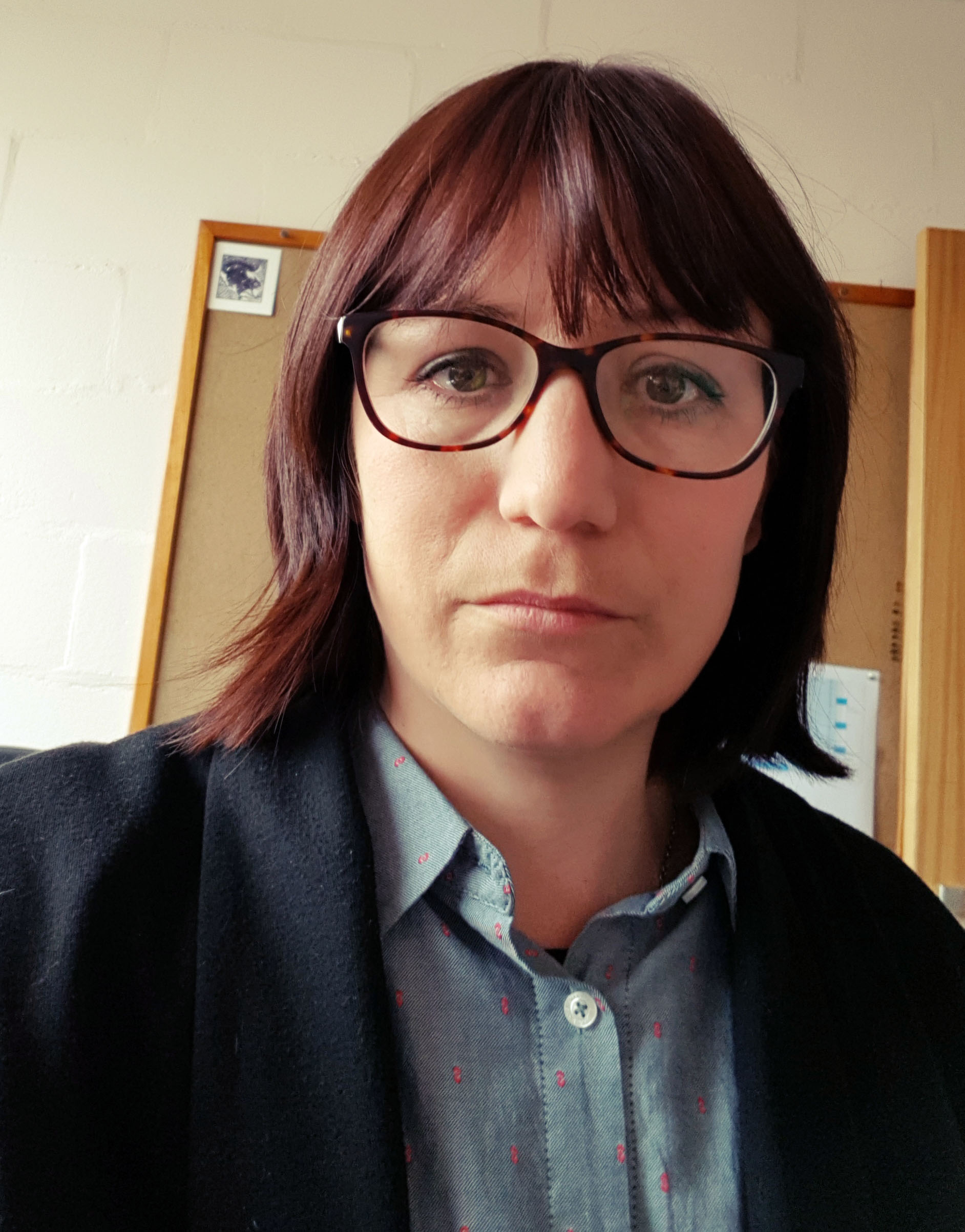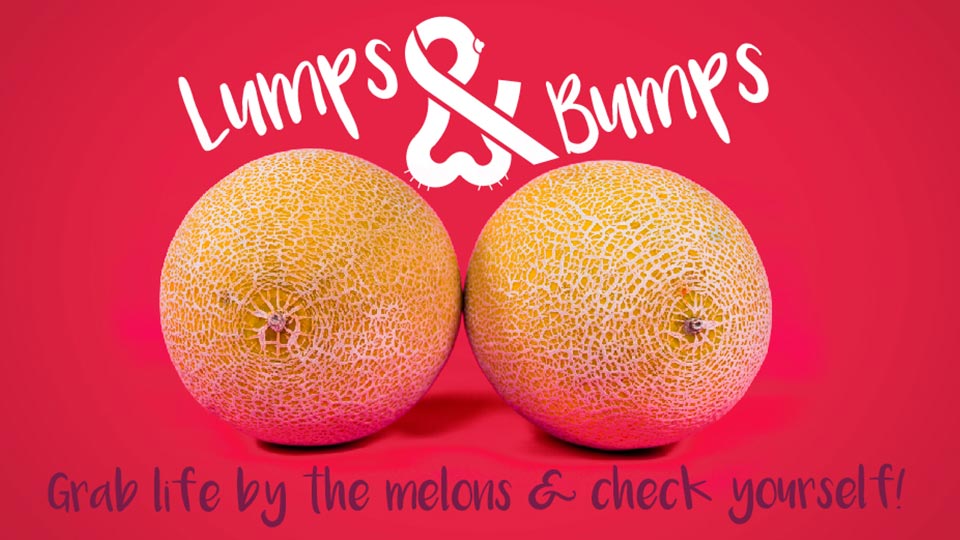14 Mar 2019
Lumps and Bumps: My breast cancer story and why self-checking is so important
 Dr Carly Butler.
Dr Carly Butler.
Loughborough University academic Dr Carly Butler, Senior Lecturer in Social Psychology, is sharing her experience of breast cancer in a bid to highlight the importance of the Lumps and Bumps event taking place next Wednesday (20 March).
Carly, who is currently working on a research project that assesses how equine assisted activities and therapy (EAAT) impacts people living with and beyond cancer, hopes her story will drive home how important it is to learn how to self-check and become familiar with your body.
What is your experience of breast cancer?
I was diagnosed with breast cancer in June 2012 at the age of 35, after finding a lump in my breast. I had none of the main risk factors and no immediate family history of breast cancer.
I wasn't technically doing a self-examination but felt a lump while soaping in the shower. Lots of women use loofahs and sponges, but this highlighted for me the value of using hands.
I quite quickly started a succession of treatments – a single mastectomy, followed by 18 weeks of chemotherapy, then lymph node removal, then a few weeks of daily radiotherapy, then ongoing hormone therapy.
During the treatment, I was repeatedly in hospital for neutropenia (basically a very compromised immune system with low white blood cell count) and infections that could potentially kill me.
In 2014 I found out that I carried the BRCA2 gene, so then had the second breast removed that year and my ovaries and fallopian tubes removed in 2015 meaning early menopause.
My treatment, therefore, extended over a long period of time and my body and mind got quite a battering.
I found that the pain that had started during chemotherapy didn’t really go away. My bones and muscles ached and burned, with pain that got in the way of a good night sleep.
My joints started to swell and stiffen; walking and sitting and standing became increasingly difficult. I suffered with terrible fatigue and ‘brain fog’.
I was eventually diagnosed and treated for sero-negative rheumatoid arthritis and fibromyalgia, probably triggered by the effect of the cancer treatment on my immune system.
For a long time, I struggled to do much physical activity – even a walk down the road was a struggle – and this caused a lot of frustration and exhaustion.
Rediscovering horses went hand-in-hand with my physical and emotional recovery.
They bring me emotional peace and help me reconnect with my body, two aspects of my life that I had lost after cancer treatment. I am learning as much about myself as I am about them.
Do you think self-checking is important?
Self-checking is vital. It’s really important to know what is normal for you and to recognise any changes as soon as they arise. Don’t hesitate to raise any concerns with your GP.
Early identification of changes means cancer can be caught before it gets too big or starts to spread into the lymph system and beyond.
This may mean that a less intensive course of treatment is needed, and it may save your life!
While older women have access to regular screening, younger people need to learn how to check themselves, and be aware that they are not ‘too young’.
What are your thoughts on the Lumps and Bumps event?
This event is a wonderful opportunity to raise awareness and potentially save lives, and I urge all staff and students to attend one of the sessions.
I think it is particularly important for students to be aware that breast cancer can affect younger people as well, even if you don’t have a family history.
There is a general misconception that breast cancer is something that affects older people.
When I found the lump I was reassured by the GP that as I was ‘young’ things were likely to be fine.
I now realise that breast cancer in younger women is not unusual and am keen for this to be more widely known.
I really hope that this event will inspire Loughborough students and staff to start or continue to regularly self-check.
Next week
The Lumps and Bumps event will run from 8am-8pm at multiple locations around campus. The aim is to train 1,001 people in breast and testicular self-examinations over the course of just one day.
More information can be found on the dedicated webpage and you can also hear about Sarah and Phil’s cancer journeys by visiting the YouTube Lumps and Bumps playlist.
Additional support
Staff affected by cancer, either personally or via a family member or friend, can seek support through the Employee Assistance Programme. Students are advised to contact Student Services for emotional support by popping into the Bridgeman Building or calling 01509 222765.
Those that are worried about their health can also visit the on-campus Medical Centre or call 01509 222061. Students must be registered as patients to access any necessary treatments.















